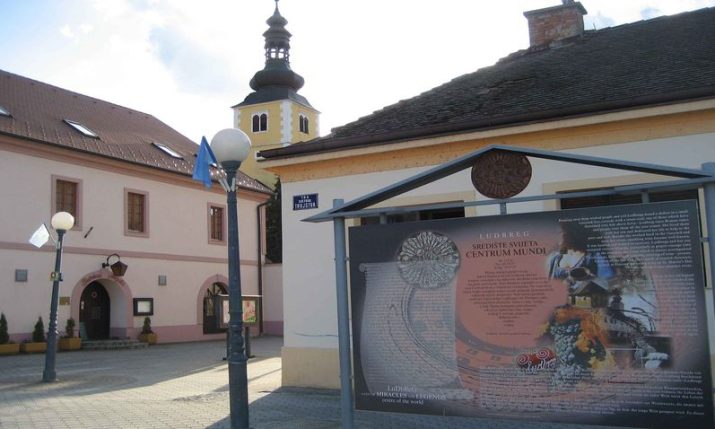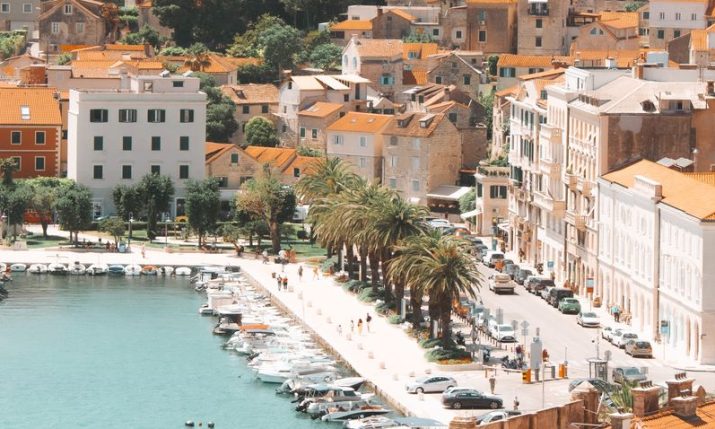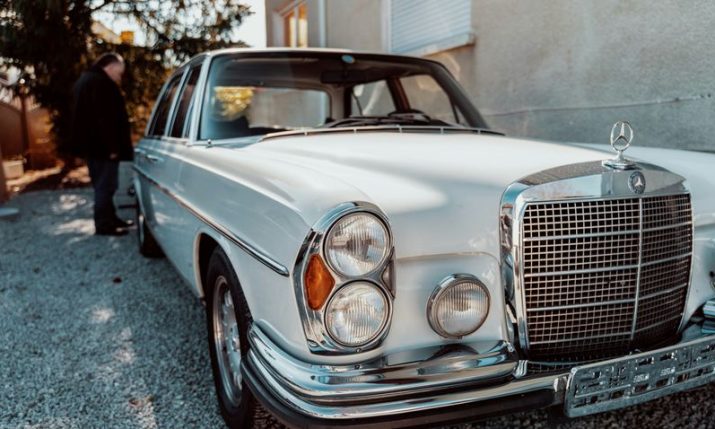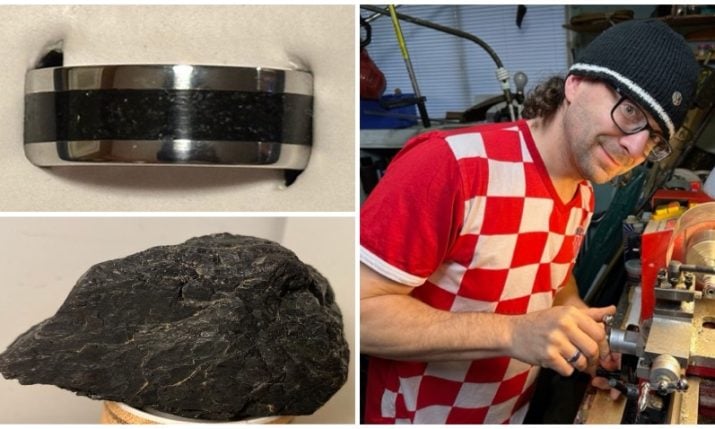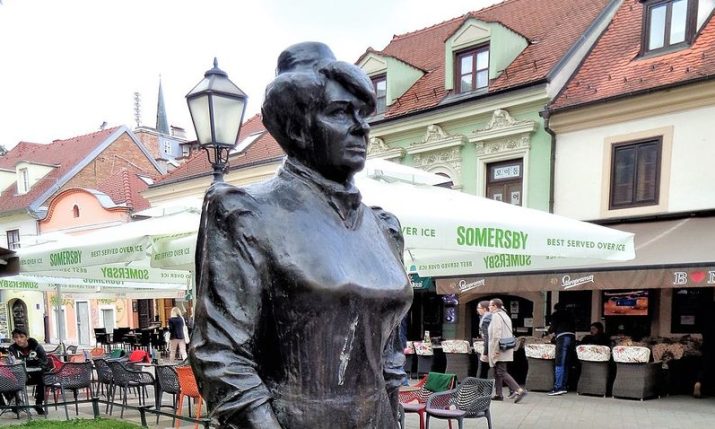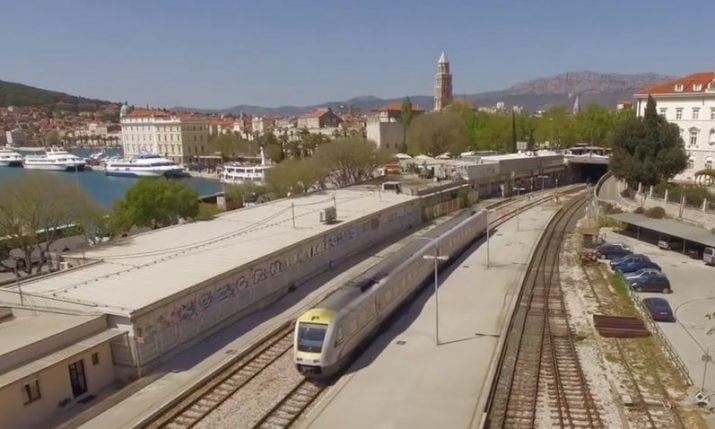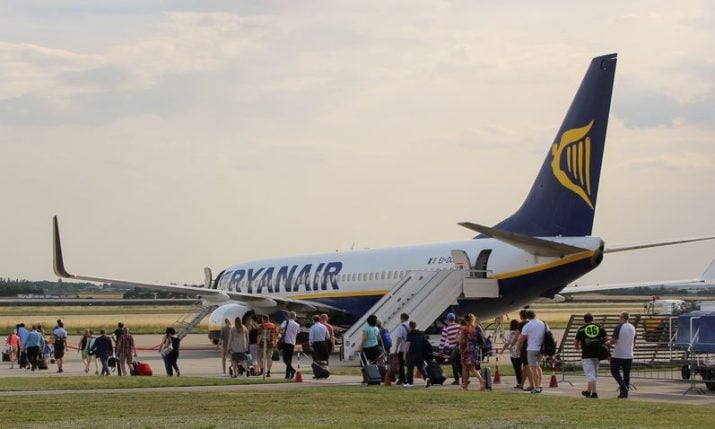Can You Drink Tap Water in Croatia?
- by croatiaweek
- in News
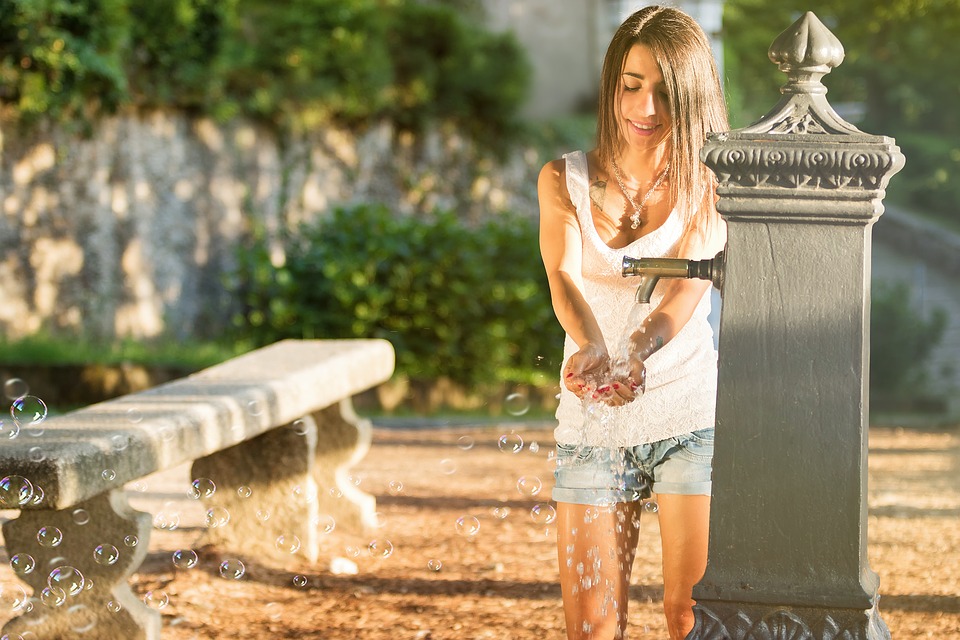
Can you drink tap water in Croatia?
Can you drink the tap water in Croatia?
With millions of tourists flooding into Croatia every year, we often get questions from first time visitors curious about certain things in the country. A popular question is the state of the tap water and can you drink it.
The short answer is yes, tap water in Croatia is safe to drink. We talked to the water services department at the Croatian Public Health Institute to find out more.
Is it safe to drink tap water in Croatia?
More than 87% of the population in Croatia is connected to the public water supply system. Water from these public water supply systems is controlled regularly and is safe to drink. In the whole of the country in 2017 there was only a total of 3.1% of samples which didn’t meet the standard. The report on the can be found on the website of Croatian Institute of Public Health HZJZ.
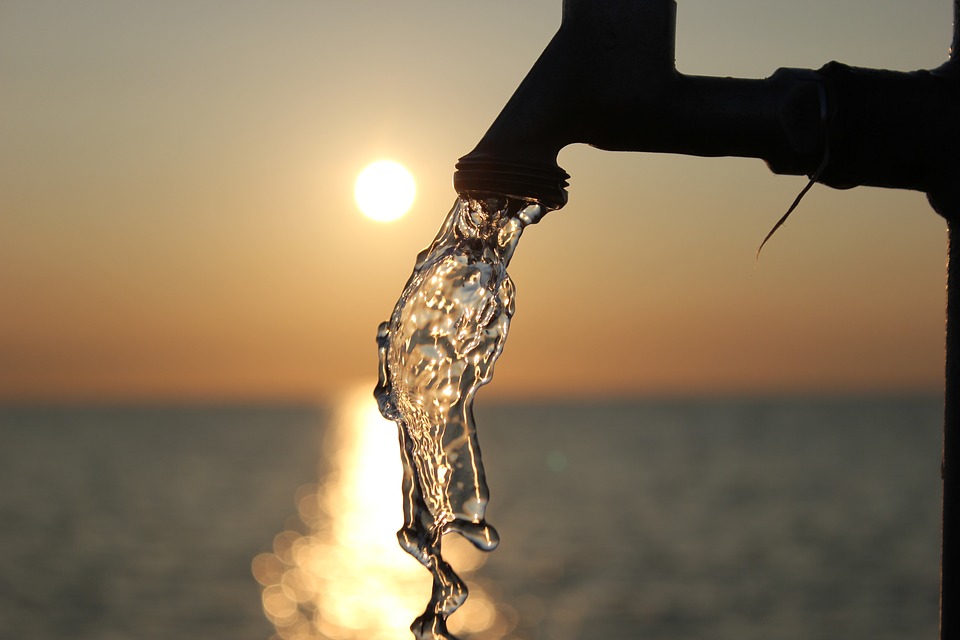
Where is the best water and where is the least good in the country?
The notion of quality is wide and quite often reflects our personal opinions and preferences. For example one can prefer Zagreb water and others can prefer the water in Split. Tap water in Zagreb is harder then tap water in Split so tourists who visit both cities can feel the difference. What is important for all the consumers, including tourists is that water is safe to drink.
What about on the Croatian islands, what kind of water do we drink on the islands?
Water supply on the islands is solved in a way that they are connected to the nearest mainland water supply system (Brač for example), a number of islands have their own island water sources (like Krk), and some are partly using their own sources and part mainland (like Korčula). As for the quality of water, the same rules apply like for rest of Croatia – all objects connected to public water supply system are being regularly monitired.
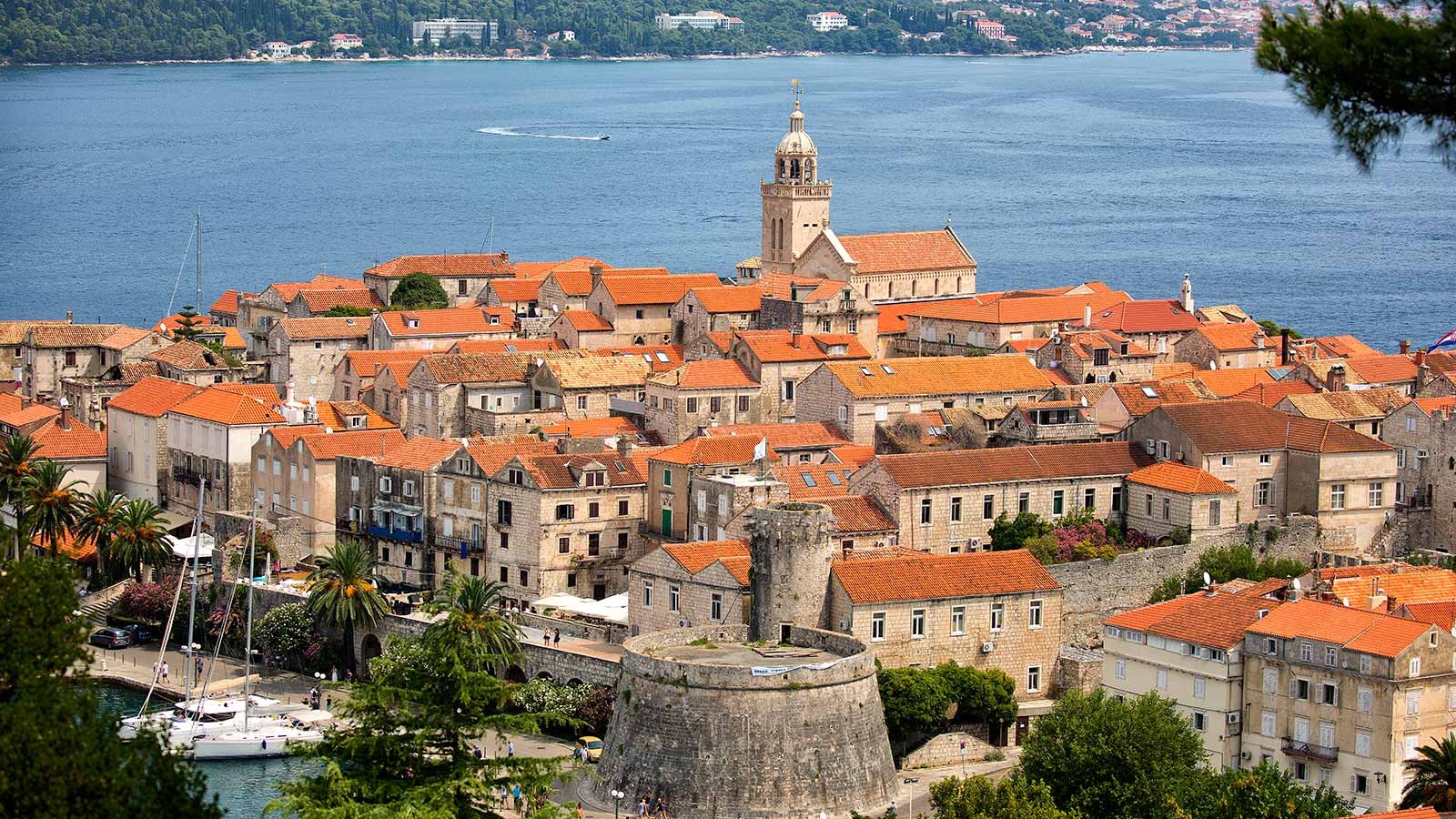
Island of Korčula (Photo credit: Ivo Biocina/HTZ)
Are there parts of Croatia where one should avoid drinking tap water?
In Croatia, there are the so-called local systems that are not in the public water supply system and that are taken care of by groups of locals or local communities. Water is also regularly checked in these local water supply systems but is quite often found to be not safe to drink. In 2017, 56,4% of samples from local water supply systems did not meet the standard. Majority of local supply systems is situated in Zagrebačka, Krapinsko-Zagorska, Sisačko-Moslavačka, Karlovačka and Varaždinska counties.
Who controls the quality of water in Croatia and how often is it controlled?
Monitoring of water for human consumption is conducted across Croatia according to the Monitoring Plan that is brought by the Health Minister upon advice from the Croatian Institute of Public Health.
In 2017 across Croatia a total of 7,081 samples from the public water supply system were analysed, while 617 samples were analysed from local water supplies.
Except state-governed monitoring that are conducted in the above mentioned way, legal entities who offer water supply services must determine appropriate places and frequency for taking samples in order to enable internal control of safe water for human consumption. In 2017, a total of 69,700 samples were analysed across Croatia.
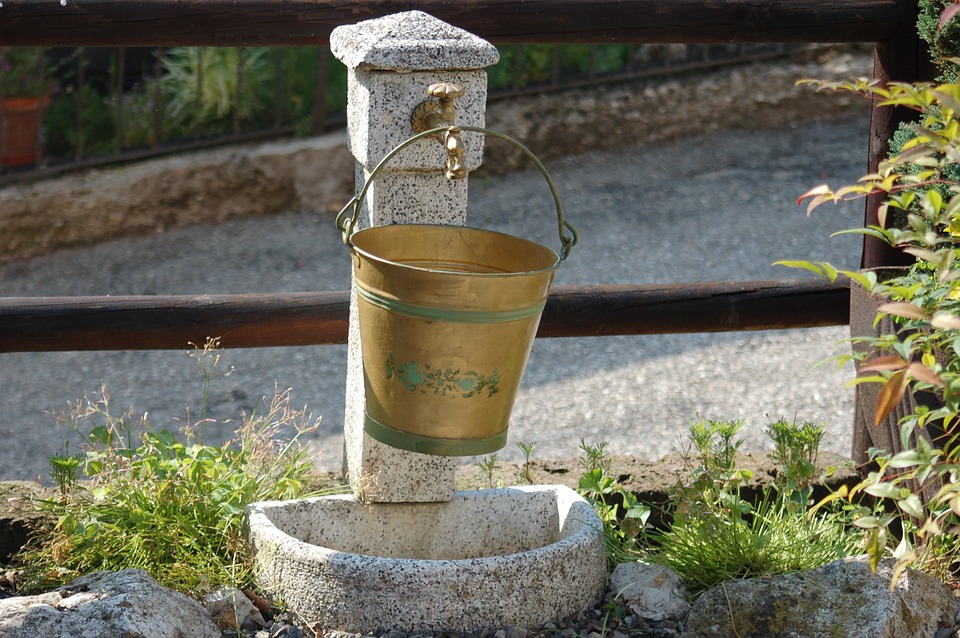
Tap water is generally safe to drink in Croatia
Are there water sources that are not included in the system of control?
Individual water supply objects, like private wells and water-tanks. Monitoring of these objects is conducted by owners at their own request.
Where can tourists find updated information on irregularities, if they occur?
All additional information visitors can find in their županijski Public institute for health, depending on the place they stay. The list of local Institutes of Public Health is HERE

